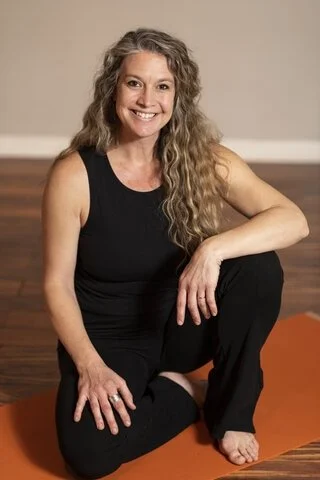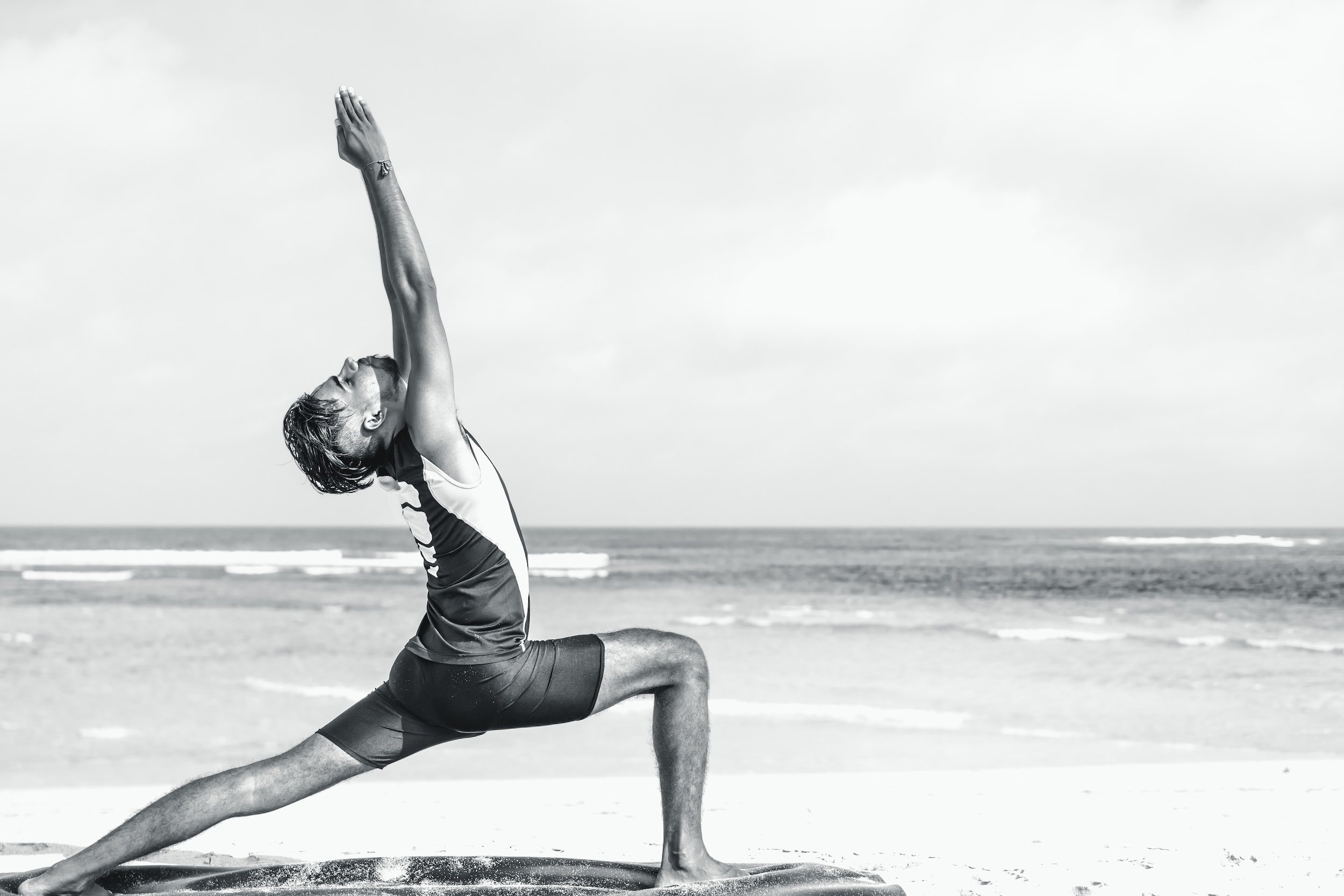Sojourn Yoga: Benefits for Stress Relief, Anxiety, and Back Pain
In today's fast-paced world, marked by high stress levels, prevalent low back pain, and the challenge of achieving optimal health and fitness, yoga is gaining popularity as a means of finding inner balance and physical wellness.
Liz Shanefield, founder of Sojourn Yoga, is on a mission to share the benefits of yoga with as many people as possible. As a registered yoga teacher with Yoga Alliance, Liz's approach to teaching and practicing yoga is deeply rooted in her passion for the practice, its history, and philosophy.
Since starting teaching yoga in 2007, Liz has accumulated a wealth of knowledge and experience that has led her to complete a 500-hour yoga teacher training at the Himalayan Institute in 2017, a 200-hour teacher training at Verge BodyMind, and a 100-hour Yin training at the Omega Institute. She has also been inspired by influential teachers like Cara Bradley, Johnny Gillespie, Biff Mithoefer, and Greg Walsh.
In 2011, Liz started Sojourn Yoga with the aim of building a community of yogis in her neighborhood and sharing the benefits of yoga with as many people as possible. Before opening Sojourn Yoga, she taught yoga and fitness for Villanova University, LA Fitness, and as a freelance yoga instructor throughout the Delaware Valley. In this interview, Liz shares her insights on the practice of yoga, her approach to teaching, and how yoga can help us lead more fulfilling and joyful lives in today's challenging times.
5 Questions For The Founder of Sojourn Yoga
1. What are some common misconceptions about yoga and how do you address them?
One of the biggest misconceptions about yoga is when a person thinks “I’m not flexible enough to do yoga”. That is exactly why someone should be practicing yoga.
Flexibility will develop over time as a person attends classes. The extremely flexible yogis may look like they would be “great!” at yoga, (okay let me say briefly, no one should be judging greatness in a yoga practice but for this conversation let’s go there) the flexible person will need to develop strength. Yoga is a balance of flexibility & strength.
2. How has your approach to teaching and practicing yoga evolved over time?
When I first started my personal yoga practice, I was a group fitness instructor who loved my cardio and was into yoga for deep stretching. I soon found that it was the calm and clear mind at the end of classes that sparked my curiosity. So, I studied yoga history and philosophy and trained to be a yoga teacher, I soon transitioned all my teaching to yoga classes and now it’s the mindfulness and connection to my body that keeps my personal practice going and what I share as a teacher. Deep stretching is a bonus, but the balance of strength, flexibility and clear mindedness is the true motivator for me as a yogi and teacher.
“Deep stretching is a bonus, but the balance of strength, flexibility and clear mindedness is the true motivator for me as a yogi and teacher.”
3. Over the course of my career as an OT, I’ve witnessed an increase in the number of patients coming in with low back pain, a growing prevalence of tighter joint capsules, and higher levels of stress and anxiety. Based on your experience, how would you help someone with any of these concerns?
I see this same increase with people coming into yoga classes. Yoga teachers are not therapists, but it is a physical practice that connects movement and breath that can benefit our overall wellness.
The movements will help develop more mobility and strength throughout the entire body and almost more importantly an understanding of the areas of the body that are achy or painful. Yoga teaches us to pay attention to what it is happening in our physical bodies by observing sensation and range of motion and to DO NO HARM (Ahimsa). People that come into classes with low back pain or any physical issues should always check in with the doctors and/or therapists to get the okay to do yoga.
Now comes the big issues: stress and anxiety! I don’t even think most people acknowledge they are experiencing stress or anxiety, whether it’s positive or negative. But this is the gift yoga can give each of us. With an active practice of breath awareness, breath control, relaxation practices and meditation (focusing the mind), we can develop a skill to use during times of acute stress and anxiety that may be useful.
4. What are some lesser-known benefits of practicing yoga that people may not be aware of?
We are unique, it is that individuality that makes the benefits of this practice so different for each one of us. Most people may think yoga will make your body flexible, but it can also build strength, develop more self-awareness, and can support relaxation and focus of the mind.
5. For someone who is short on time, interested in starting a yoga practice, and unsure of where to begin, what advice would you offer?
Through my experience, it is best to start a yoga practice by finding a beginner yoga class or series of classes near where you live or work. It requires you to carve the time out of your schedule and provides the space to roll out your mat which can be challenging at home or work where distraction is everywhere. This will also provide you with some understanding of the postures and breathwork.
But if you cannot find a class or time that works, set aside time each week along with a space to roll out a yoga mat and try the following:
Set an intention to be on your mat.
Try to move your body gently in any way that feels good.
Sit upright or lay on your mat and simply notice your breath moving in and out of your body.
You can also find many guided yoga classes online. Check out Sojournyoga.com, I have a virtual library you can access at any time and live-streamed classes to connect directly with the teacher.
Starting a yoga practice requires self-discipline, you may have an intention or goal set to make it to your mat but be flexible, life will often get in the way. So just let go of the judgment and return to your mat whenever you are available.



